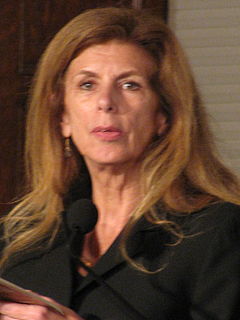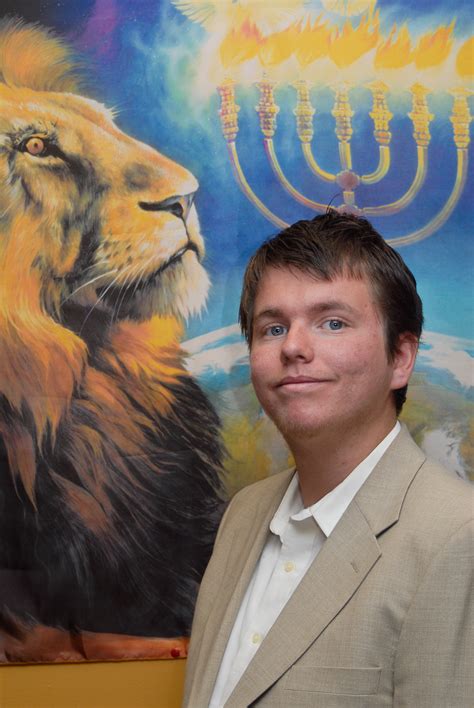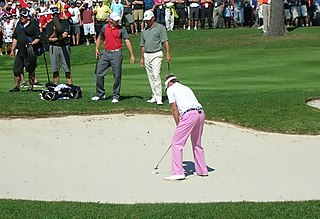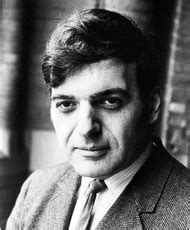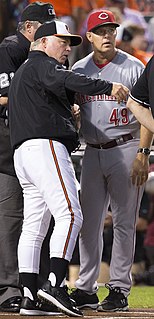A Quote by Mason Cooley
Creative memory is the historian's most subtle opponent.
Related Quotes
. . . What role does historiography play in the way a society and culture "remembers" past events? Does the historian have a moral or civic responsibility to this project of memory that ought to influence the way he or she engages in historical practice? Should moral concerns influence the historian's choice of subject matter, of issues to discuss, of evidence to use?
In my work as a historian and in my relationships as a friend, teacher, wife, and mother, I have come to think that the most useful way to understand the past and make it work for you is to look at the trade-offs and contradictions that, however deeply buried, can be uncovered in every memory, good or bad.
The leading, the most respected Vietnam historian, military historian Bernard Fall -he was a hawk incidentally, but he cared for the Vietnamese - he said it wasn't clear to him whether Vietnam could survive as a historical and cultural entity under the most massive attack that any region that size had ever suffered. He was talking about South Vietnam, incidentally.
This all-pervading power is the power of divine love. It thinks. It organizes. It plans. It loves. It is the one which is the subtle of the ether, you can call it. It is the subtle of the matter. It is the subtle of your emotions. It is the subtle of your mental power. It is the subtle of your evolutionary power, but all integrated and coordinated in complete synchronization.
Once upon a time, a historian told me that the most important choice a new historian could make was of his or her specialist subject. Most of the good stuff was far too overcrowded, so you had to pick about in the exotic and extinct. His recommendations were the Picts or the Minoans, because hardly anything was known about them and you could spend a happy lifetime of speculation.
Advent's intention is to awaken the most profound and basic emotional memory within us, namely, the memory of the God who became a child. This is a healing memory; it brings hope. The purpose of the Church's year is continually to rehearse her great history of memories, to awaken the heart's memory so that it can discern the star of hope.
Anyone, however, who has had dealings with dates knows that they are worse than elusive, they are perverse. Events do not happen at the right time, nor in their proper sequence. That sense of harmony with place and season which is so strong in the historian--if he be a readable historian--is lamentably lacking in history, which takes no pains to verify his most convincing statements.


